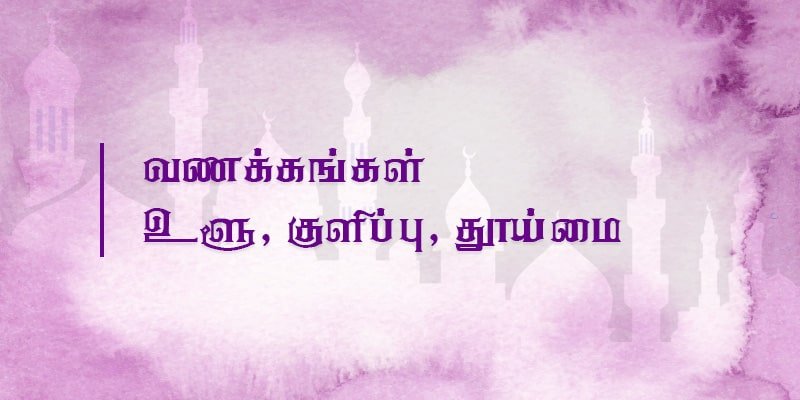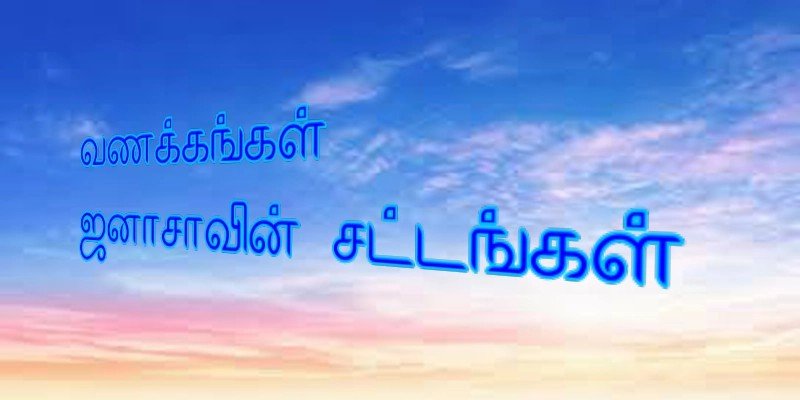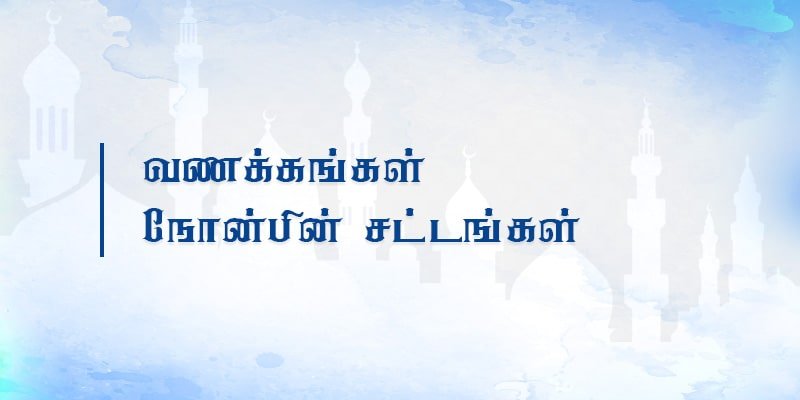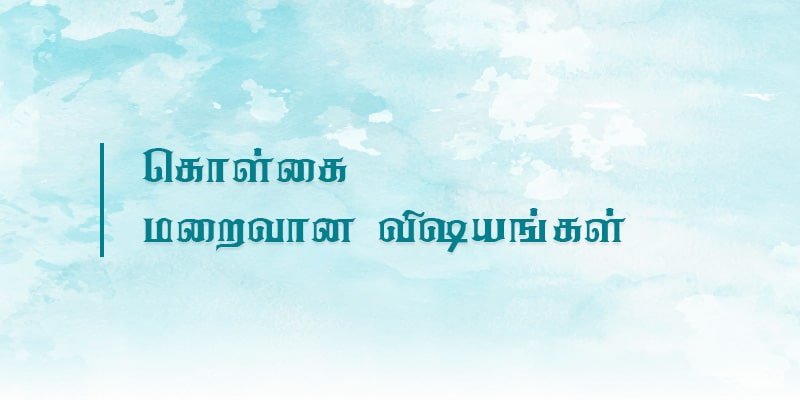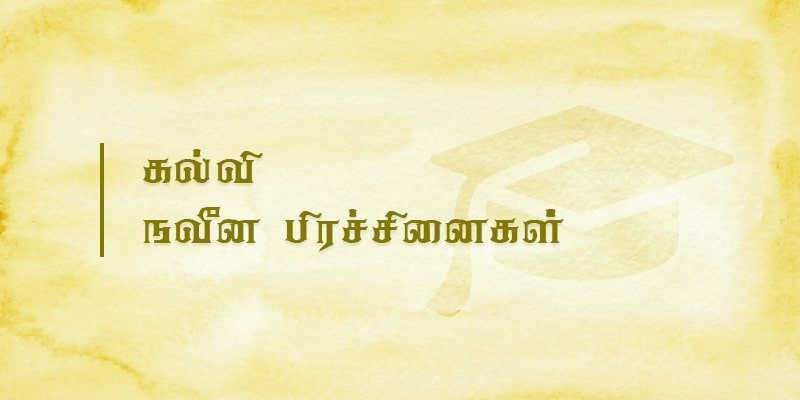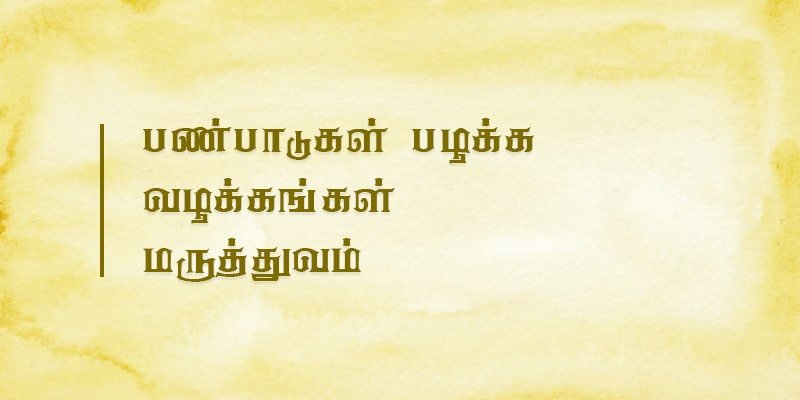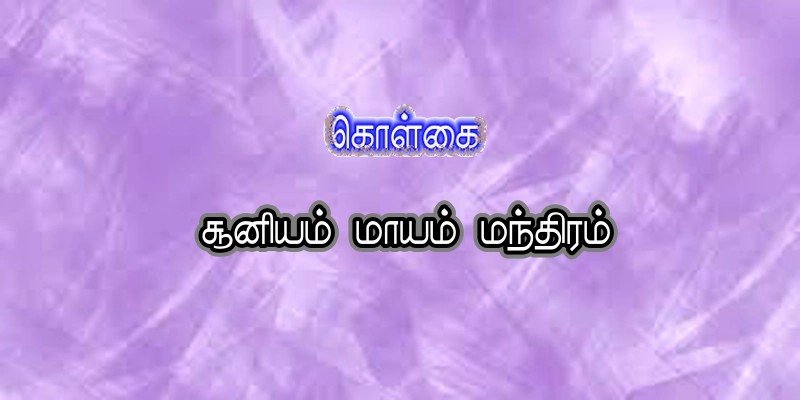480. Is reciting the Dua-E-Qunoot with the intention of invoking the wrath of God on someone allowed?
There are two reasons cited in the hadiths, for the revelation of this verse (3:128) of the Quran.
Prophet Muhammad was injured in the Uhad battle. This verse was revealed at a time when Prophet Muhammad cursed the people of the enemy side, by calling out ‘How can anyone, who smeared blood on the face of the messenger of God, win a battle’
(Book: Muslim 3667)
This is the account given for the revelation of this verse in the hadith book Muslim. But in the hadith book Bukhari, t is mentioned as follows:
When Prophet Muhammad in the the last rakat of his Fajar worship that particular day, after rising from benefaction (Ruku) invoked the wrath of the Almighty by uttering the words ‘Oh God! get rid of these two people from your blessings, to this the Almighty the ever Great, and the most dignified replied ‘Oh! Muhammad you do not have any say in awarding punishments to anyone, the Almighty may punish or forgive any one, because they are those who committed in justice.
(Book: Bukhari 7346)
Thus there are two different opinions expressed regarding the revelation of this verse.
Some are of the opinion this verse was revealed on both occasions. This cannot be accepted because If the verse had been revealed at both the occasions, it would find mention in the Quran in two places, because there are many verses in the Quran that convey the same message many times, but this verse is found only once in the Quran.
Hence there can be only one of the two reasons quoted,
There is a possibility this verse could have been revealed at the time when Prophet Muhammad was reciting the Dua-E-Qunoot invoking the wrath of the Almighty, on those who murdered his comrades.
Or,
This verse would have been revealed at the time when the Prophet was injured in the battle of Uhad when he invoked the wrath of God on those who injured him.
When analyzing the occasion on which this verse would have been revealed, we can come to a conclusion for sure it could not have been the time when he recited the Dua-E-Qunoot.
Prophet Muhammad invoked the wrath of Allah against those who injured him. There is nothing much serious of a violation of Allah’s commandments here. But invoking the wrath of God to punish the perpetrators of injustice is something sanctioned by the Almighty. There is numerous evidence in the Quran.
Prophet Nooh made an invocation saying ‘ My Lord decimate all those who live in this world, who disbelieve in you. (Verse 71:26)
In this verse Prophet Nooh prayed against the perpetrators of injustice. From this we can understand that prophets praying against injustice is not uncommon.
Fear the invocation of victims of injustices, said Prophet Muhammad, there is no barrier between the victim’s prayer and the Almighty.(Bukhari 1496.)
Hence it comes to be known there is no bar on people praying against injustice, and the only option left to the weak is to resort to the Almighty.
Those days when there were very little people who had memorized the Quran the wholesome inhuman murder of 70 of his comrades by the Hypocrites shook Prophet Muhammad to a great extent and affected him badly. And it was this situation in which the prophet invoked the wrath of Allah on those who committed the heinous murder of 70 comrades. This was something sanctioned by the Almighty, and it is unacceptable that Allah could reveal a verse condemning the act of praying against injustices
And Allah tells Prophet Muhammad ‘You have no share in the power of punishing people.’ Here we do not see any interference in the powers of Allah, when he prayed for the destruction of those injured. The question of interference in the power of the Almighty does not arise here. In fact praying to him is an act of confirming His supremacy over us. Hence this verse of the Quran could not have been revealed when the Prophet recited the Dua-E-Qunoot invoking the wrath of the Almighty on the perpetrators of the gruesome murder
On the contrary there are justifiable reasons to believe it could have been revealed at the time of Battle of Uhad. When Prophet Muhmmad was injured in this battle, the pain he suffered was grueling, at that time he uttered the words ‘How can a group that injured a messenger of God could win. He did not utter these words as a question to the Almighty in a prayer, but as an injured person who decided for himself that persons who injured a messenger of Allah could never win.
These words uttered by the prophet could lead to speculations, as to whether he possesses a power to destroy or punish people. Hence the words ‘How can those who smeared blood on me taste victory’ uttered by the prophet in a state of anguish and pain was reprimanded by Allah.
The tone of this verse seems to say ‘I can forgive those who injured you, and give them victory in this battle, it is my prerogative and I hold the power, you do not have a share in it’ is what the Almighty’s words seem to imply.
Moreover the verses of the Quran preceding this pertains to the ‘Battle of Uhad’ that add strength to the opinion the verses could have been revealed during the war.
Hence we declare the recording in the hadith book ‘Bukhari’ as unacceptable, and the one in the hadith book ‘Muslim’ as acceptable.
480. Is reciting the Dua-E-Qunoot with the intention of invoking the wrath of God on someone allowed?
Typography
- Smaller Small Medium Big Bigger
- Default Meera Catamaran Pavana
- Reading Mode

